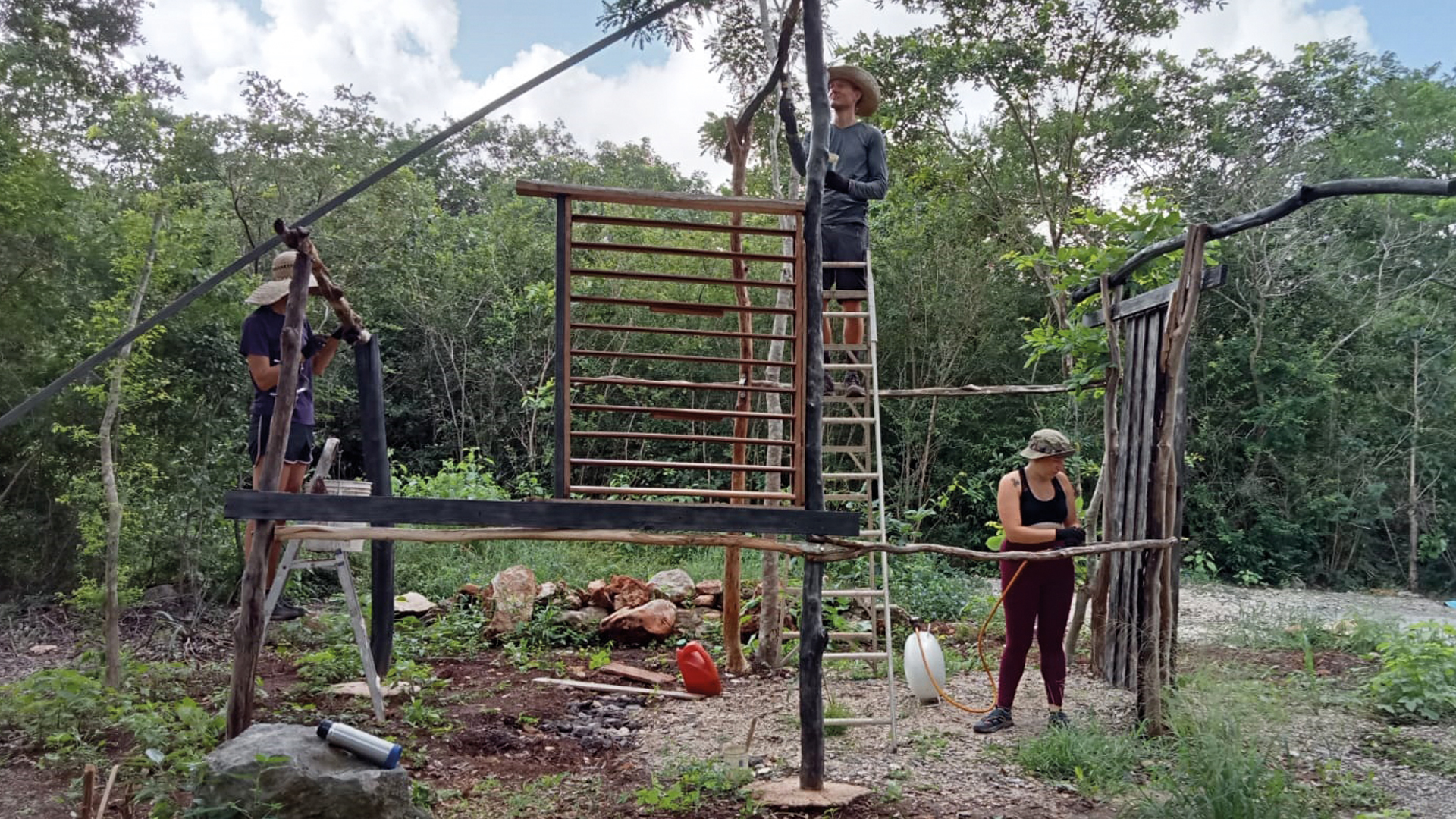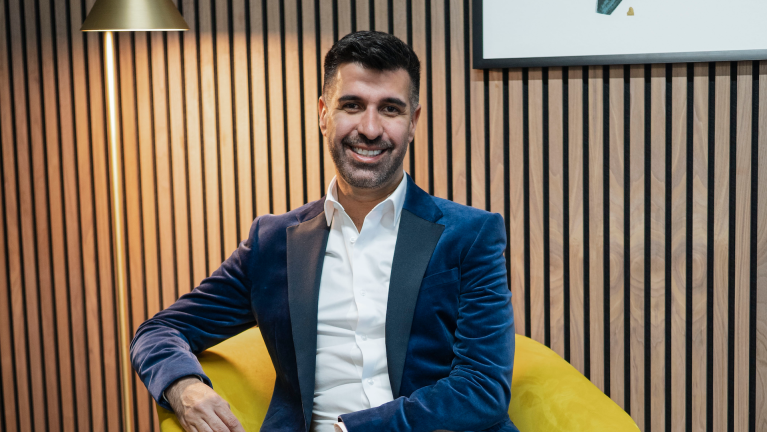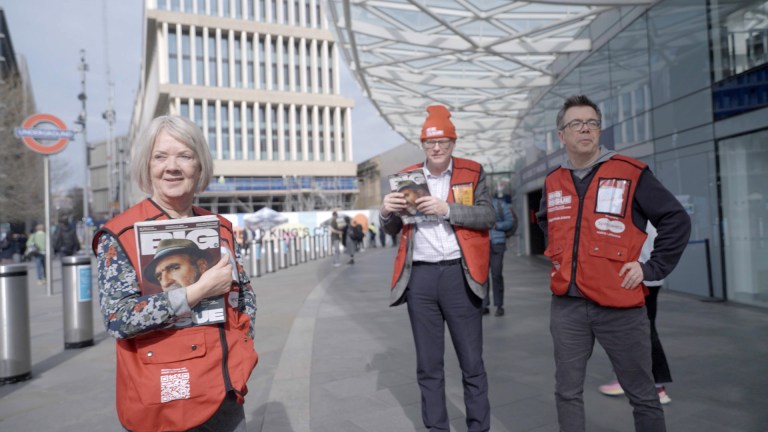Workawaying has no middle man. Families and communities advertise what they need on digital platforms open to workawayers, and they personally choose who they want to host based on their skills and passions.
I used workaway.info as my main platform, which is globally recognised and has strict safeguarding policies in place for travellers.
Planning a workaway requires some budgeting and some working, but it allows you to save a lot of money in the long run and experience the place like a local.
Having spent six months on the road, I’ve gathered the ultimate planning advice to begin making your workaway dreams come true.
Planning and budgeting successfully
The first key step is deciding how long you want to be on the road for, roughly where in the world, and to measure it against the amount of money you can spend.
For example: I knew I had roughly £1,500 and six months in Mexico, where everyday life is much cheaper than in the UK, but a plane ticket is a big expense.
To use my funds wisely, I planned between three and four workaway experiences in different places, each lasting from two weeks to a month and a half, so I could spend my money on transportation (bus tickets £20-£40 each way) and save on accommodation and a few meals.
My tip is to nail the ‘big’ tickets – planes, trains, buses, hostels – in advance, and leave the small expenses for later.
Always make plans based on your circumstances, and think flexibly – have a rainy-day fund, and travel insurance to make your trip more stress-free.
Choosing the right project
Based on my plans, it made sense for me to look for projects which had accommodation, and possibly one meal covered per day, in exchange for… Well, cool things to do!
The project page will always tell you:
1. Who your host is – a family, a couple, expats or locals, a single dad with kids, a whole village, you name it.
2. What type of activities they want you to get involved in: language exchange, cooking and tidying, general maintenance, building and DIY, or animal care, babysitting, etc.
3. What commitment is expected of you – this is never more than four or five hours a day.
4. What is given in exchange – including where you’ll stay, if accommodation is part of the deal. This can be a spare room, a hut or tiny house, or even a hammock on the beach if you are adventurous, and if any meals are included per day.
Reaching out to projects
When you select the projects you’re interested in, it’s time to reflect on how you meet the criteria. When reaching out, tell them a bit about yourself.
Why have you chosen this part of the world? Are you learning a new language or teaching your own? Do you have experience with the activity they request? What do you love about their project?
Reach out to two or three projects for each location to avoid disappointment.
Everyone can and should do it
Workawaying is ideal for those travelling solo or in pairs. When in a group it gets slightly more complicated, usually because most (not all) projects are looking for three or four people in any given period of time.
You will be given agency in what you can and want to do, and you are ultimately in charge of the impact you make when you leave the place to go back home. On top of that, you will become part of a global community with people from different backgrounds, sharing this exact mission.
Rory Buccheri is a member of The Big Issue’s Breakthrough programme.









